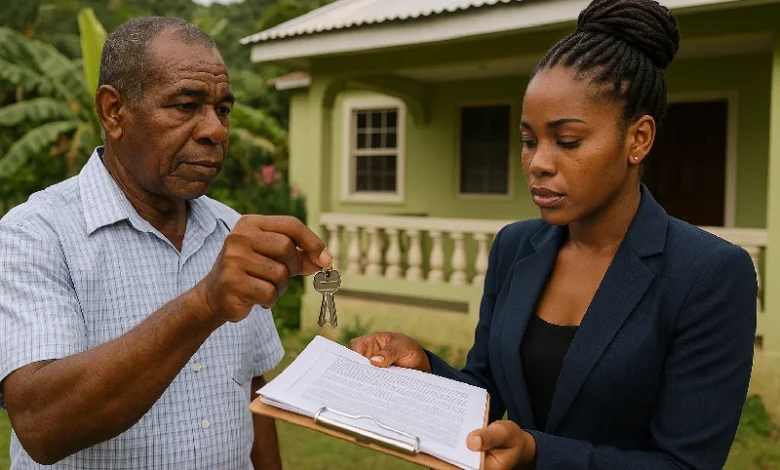Real Property Limitation Act (RPLA)

The Real Property Limitation Act (RPLA) is a foundational piece of legislation in Dominica that governs the time limits within which legal actions may be brought to recover possession of land or property. Rooted in English common law but shaped by local judicial decisions and statutory updates, the RPLA plays a central role in determining land ownership disputes, especially where possession conflicts with legal title.
Purpose and Legal Effect
The primary function of the RPLA is to establish a statutory period of limitation, typically 12 years, after which a person’s legal right to reclaim land may be extinguished if another party has occupied the land continuously and without permission. This limitation period is intended to promote certainty in land ownership and discourage dormant claims by legal owners who fail to exercise their rights.
Under the RPLA, if someone occupies land openly, continuously, exclusively, and adversely to the interest of the rightful owner for 12 years, the occupier may become legally entitled to the property. This concept is commonly known as adverse possession.
Once the limitation period expires, the owner’s title becomes unenforceable in court, and the occupier’s rights become stronger, even if they never held formal title. The RPLA does not automatically confer ownership but bars the former owner from recovering the property through legal action, thus paving the way for possessory rights to be recognized under Dominica’s broader legal framework.
Relationship with Other Legislation
The RPLA exists alongside the Title by Registration Act (TRA), which provides for indefeasible registered title to land. Tensions between these two acts have surfaced in legal disputes, particularly where registered landowners have attempted to remove long-standing squatters or occupiers who claim possession under the RPLA.
This conflict was clarified in the 2019 Caribbean Court of Justice (CCJ) case George v Guye, in which the CCJ upheld the rights of a squatter under the RPLA, even against a certificate of title issued under the TRA. The ruling confirmed that possession under the RPLA could override legal title if the statutory limitation period had passed without legal action from the rightful owner.
Broader Implications
The RPLA is significant not just for landowners and occupiers but also for Dominica’s broader land management, housing policy, and socio-economic justice. It is especially relevant in rural and peri-urban communities where informal occupation of land has occurred for decades, often without challenge. Legal recognition of such occupation offers protection and potential pathways to title regularization for vulnerable groups.
While it helps ensure fairness for long-term occupants, the RPLA also imposes a duty of vigilance on landowners to monitor their property and respond promptly to encroachments.




